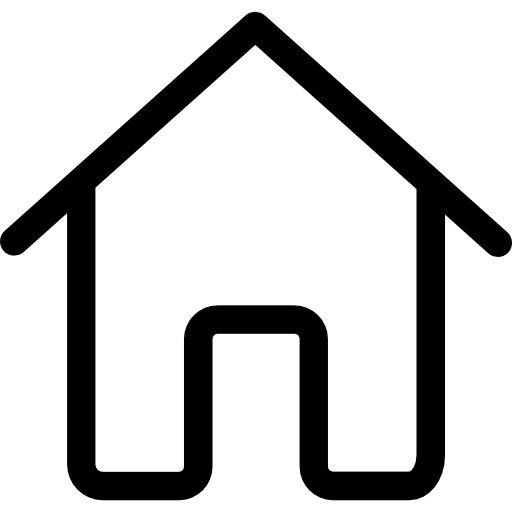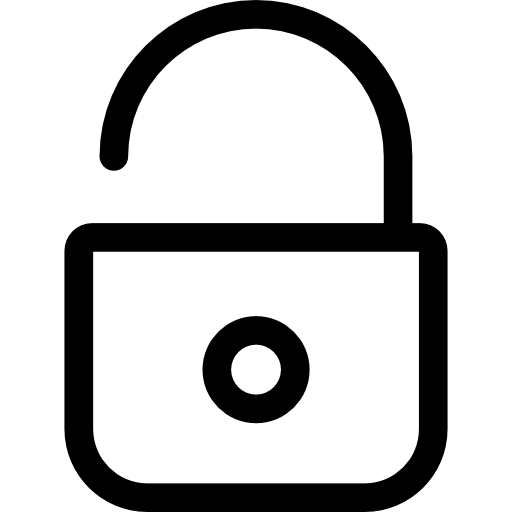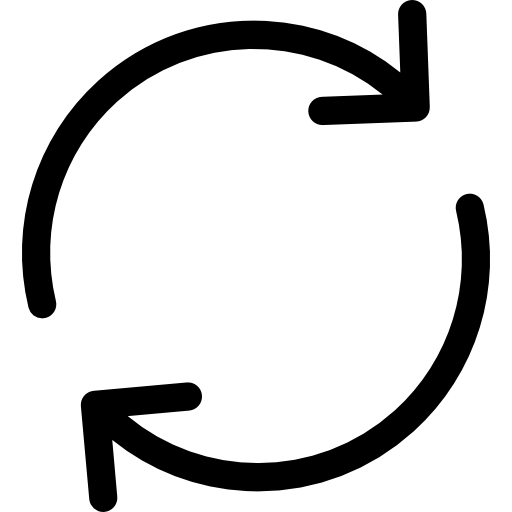The requested web page was not found
- Refresh the page: Sometimes the error may be temporary, and refreshing the page may solve the problem.
- Go back to the home page: Try going back to the home page of the site and re-find the information you are looking for.
- Use site search: If the site has a search function, try finding the page you need through search.
- Check other links: There may be other links or pages that lead to the information you need.
- Contact site support: If nothing helps, you can contact the site administration for assistance.







